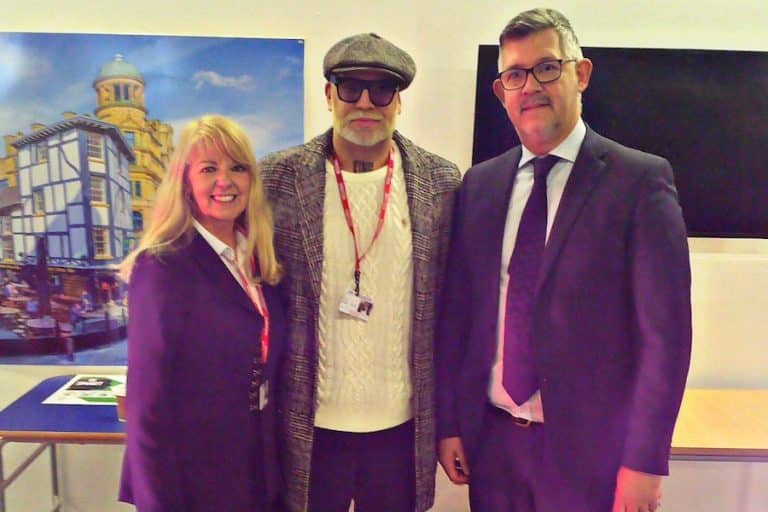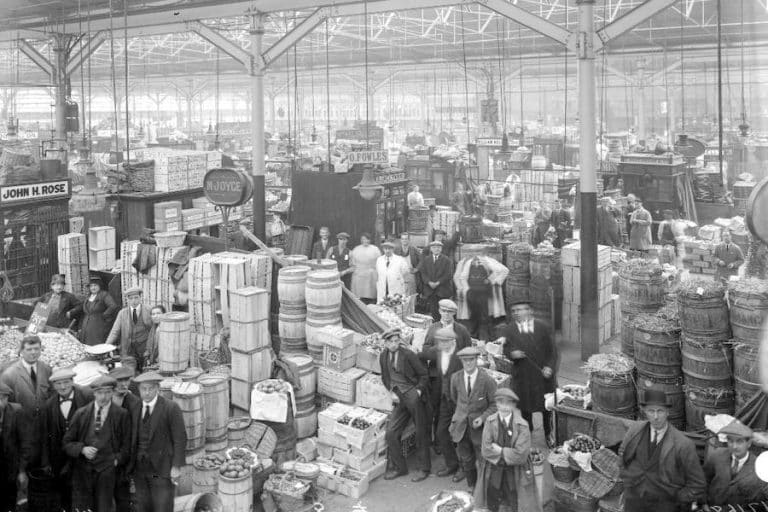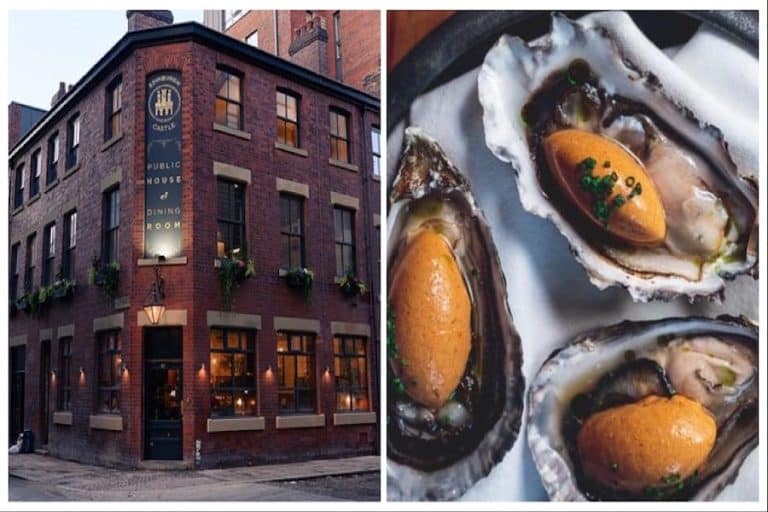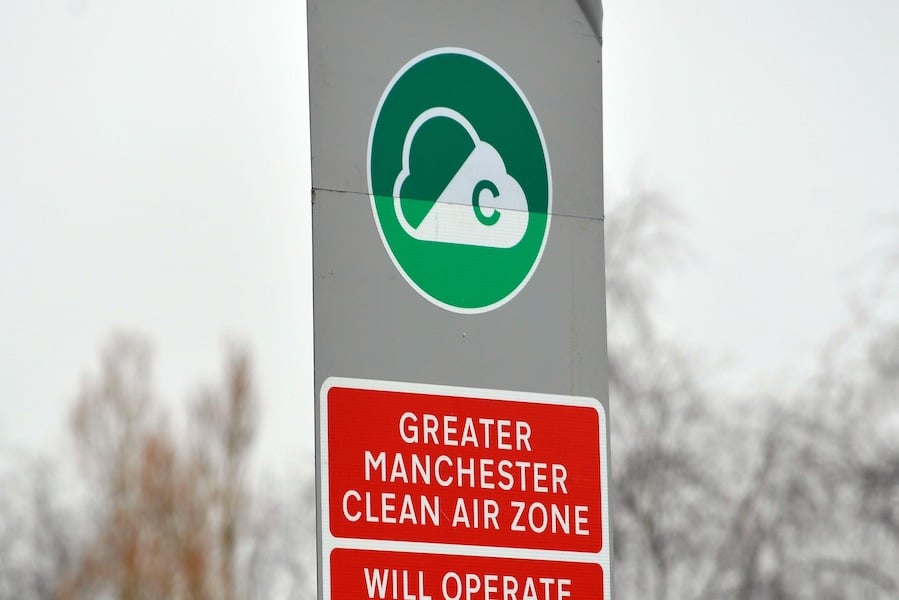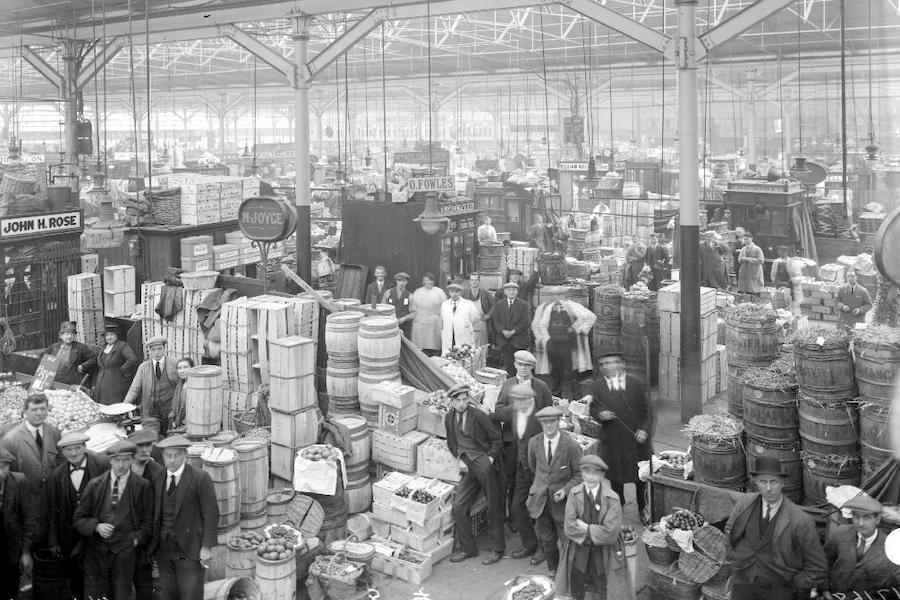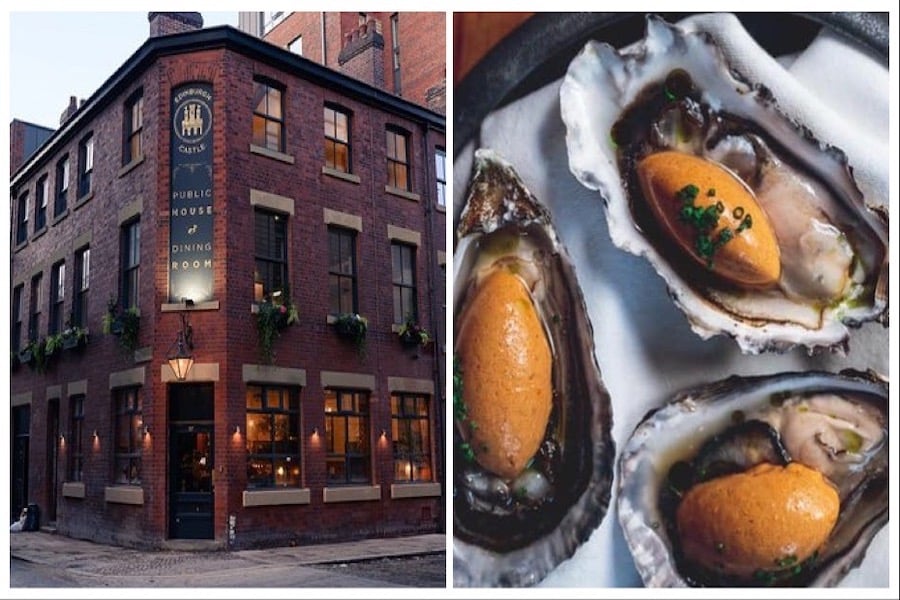Manchester’s economy continues to grow at a faster rate than the UK’s says new report
- Written by Ray King
- Last updated 5 years ago
- City of Manchester, Civic, Community
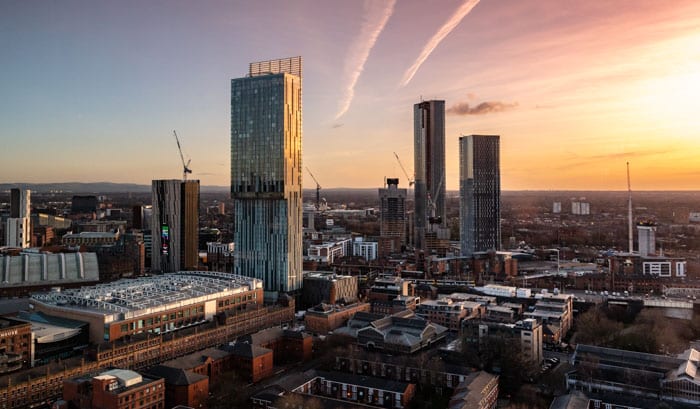
Manchester is continuing to build a reputation, both nationally and internationally, as an attractive place to live, visit and do business, Manchester city council leader Sir Richard Leese said as he launched 2019’s annual State of the City Report this week.
The report is an in-depth look at how the city is performing against its ambition to be in the top flight of world class-cities by 2025 and presents an overarching vision for the city through the next decade – and where Manchester has to improve in the coming years.
“Our cultural offer, job creation, commitment to new housing, amongst others, mark a city that people want to be in – and our ongoing population growth is testament to this,” he said.

“However, Manchester remains a city with unacceptable levels of economic and health division and if we are going to reduce this margin and move to a position of inclusive growth, we need to work hard to raise the ambitions of our residents and support them with improved access to high quality training and education, which will enable them to take advantage of the opportunities on offer in the city.”
Sir Richard said 2019 had been landmark year as the city works to become a zero carbon city by 2038 – 12 years earlier than the current national commitment. Meeting that target is one of the challenges of our time, he said, but doing so is of global importance – and Manchester was determined to play its part.
The report is organised into five themes:
A thriving and sustainable city
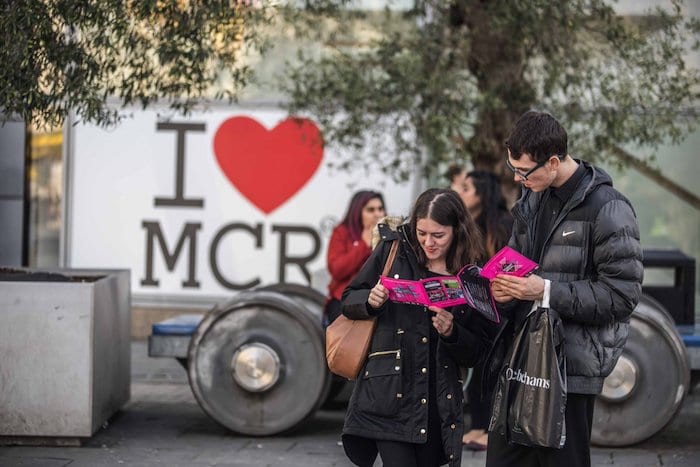
Manchester has seen unprecedented population growth over the past two decades, especially in the city centre and surrounding wards, which has the knock-on effect of increased demand on schools places at both primary and secondary levels.
The latest forecasts suggest that the population of Manchester will exceed 635,000 by 2025, with over 100,000 of them living in the city centre area. More students are choosing to remain in the city following their studies at the city’s universities, including a large number of international students.
The city is enjoying a prolonged period of major investment. Job creation (forecast to increase by 63,000 by 2038) is feeding continued growth and attracting large-scale investment in the city’s growth industries. Manchester has the potential to be a world leader in technology and is recognised as having a thriving digital sector.
The city’s economy continues to grow at a faster rate than the UK as a whole, acting as a catalyst for growth for the wider region. However, the gap between resident and work-place wages remains significant, which presents a real challenge to ensure inclusive growth that benefits everyone.
A highly skilled city
An increasing number of Manchester residents are qualified to degree level or above, which can in part be linked to the level of graduate retention in the city. Upskilling residents remains a key priority to support Manchester people into new jobs to share the city’s economic success and reduce levels of dependency through welfare support.
Improved school performance means that a higher proportion of young people have the skills they need to sustain work. More Key Stage 2 pupils are achieving the expected standard in reading, writing and maths and the progress made between Key Stages 1 and 2 is significantly above the national average, particularly in maths.
At Key Stage 4, more pupils are achieving grade 5 or above in both English and though scores are slightly lower than national average, the gap has reduced since 2015.
Linking businesses to schools is a work and skills priority for the city, and ensuring that there is a meaningful work placement for every young person in the city is key.
A progressive and equitable city

Over the last decade, Manchester has made progress towards reducing the disparities in different areas of the city. However, areas of deprivation continue and more must be done to tackle this. Supporting people to meet their potential through employment and training is the central route out of poverty.
Increasing homelessness, including more families presenting homeless, and people sleeping rough remains a challenge for Manchester, and the council is continuing to work closely with partner organisations to address the issue. Central to this is Manchester’s Homelessness Strategy, which focuses on reducing homelessness and supporting those vulnerable to homelessness.
This year has seen good progress in a number of health outcomes, including increases in life-expectancy, a reduction in alcohol-related hospital admissions and fewer suicides. However, the city still has some poor health outcomes that suggest inequalities in the city.
Manchester’s Population Health Plan is now in place as a long-term strategy to tackle the city’s health inequalities.
A liveable and low carbon city
Ensuring Manchester is a great place to live rests on creating a supply of diverse support for high-quality housing in clean, safe and attractive neighbourhoods, along with a wide range of cultural, sporting and leisure facilities close by, including local libraries and leisure centres.
The city has now committed to delivering 32,000 new homes between 2015 and 2025 – with at least 20 per cent affordable for Manchester people – and improving recycling rates across the city remains a key priority. Current figures on household recycling show rates are reaching 40 per cent across the city.
A connected city
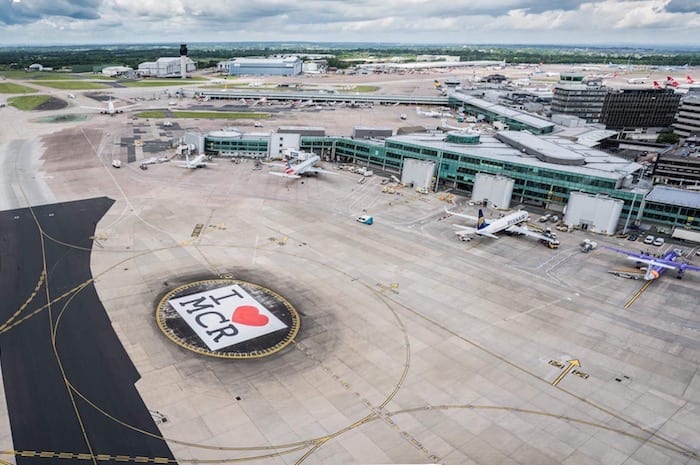
Good connectivity is fundamental to the success of the city and the Our Manchester strategy reflects the importance of connectivity in terms of transport, international connections and digital infrastructure.
Affordable, integrated transport that gets residents to their place of work and access education and services is vital. Manchester already benefits from strong connections but continued investment will need to be made – particularly around walking, cycling and mass transit routes.
Manchester has established itself as a leading city in the digital sector and continues to be a magnet for start-up businesses who are confident in the supportive environment Manchester fosters. Staying at the cutting edge of digital infrastructure will prove essential in sustaining the city’s ambition to be a leading international city.
- This article was last updated 5 years ago.
- It was first published on 4 October 2019 and is subject to be updated from time to time. Please refresh or return to see the latest version.
Did we miss something? Let us know: [email protected]
Want to be the first to receive all the latest news stories, what’s on and events from the heart of Manchester? Sign up here.
Manchester is a successful city, but many people suffer. I Love Manchester helps raise awareness and funds to help improve the lives and prospects of people across Greater Manchester – and we can’t do it without your help. So please support us with what you can so we can continue to spread the love. Thank you in advance!
An email you’ll love. Subscribe to our newsletter to get the latest news stories delivered direct to your inbox.
Got a story worth sharing?
What’s the story? We are all ears when it comes to positive news and inspiring stories. You can send story ideas to [email protected]
While we can’t guarantee to publish everything, we will always consider any enquiry or idea that promotes:
- Independent new openings
- Human interest
- Not-for-profit organisations
- Community Interest Companies (CiCs) and projects
- Charities and charitable initiatives
- Affordability and offers saving people over 20%
For anything else, don’t hesitate to get in touch with us about advertorials (from £350+VAT) and advertising opportunities: [email protected]

The Social Studio offers fun and friendship for all at Emmaus Mossley

Play ‘This Kind of Black’ returns to tell a vital Moss Side story
